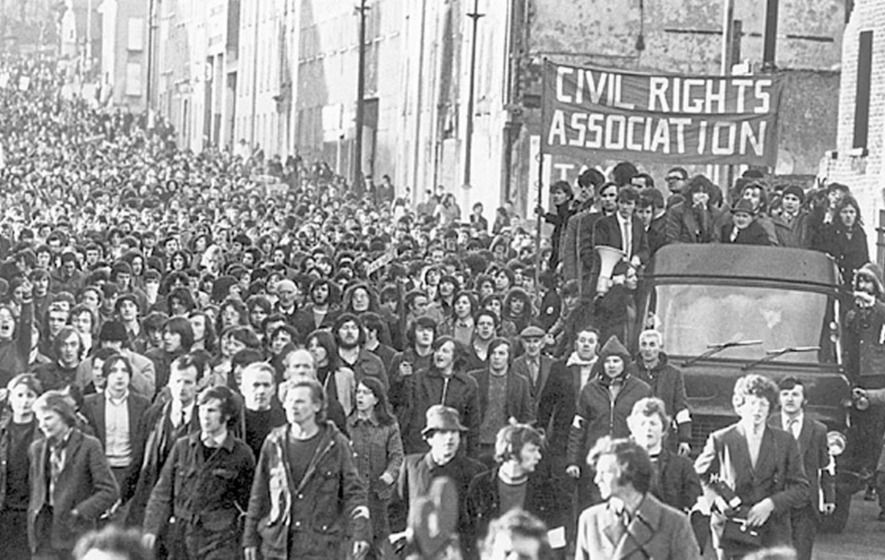
the conference
1968 is a momentous year in the global socio-political memory: it has come to be
seen as the culmination and epitome of a series of processes involving protest, and
the affirmation of previously silent or subaltern causes. Such processes and causes
were predicated on challenges to established powers and mindsets, and hence on
demands for change, that have had rich consequences in literature and the arts. This
conference proposes to address this imaginative wake of the rebellious late 1960s,
with a particular but not exclusive focus on word-and-image relations. Of the
various strands of socio-political memory associated with the period that this
conference is designed to commemorate and ponder, some attention will be given
to the developments marking the beginnings (c1968) but also the proclaimed end
(1998) of the Northern Irish Troubles. This particular instance of legacies of violent
conflict but also fraught peacemaking will be interrogated at a juncture in European
history in which national and regional identities are in various ways on the frontline
of political discussion once more, with consequences and outcomes that remain
unclear.
In sum: the conference avails itself of a commemorative design to consider the
impact on literature and the arts of a much mythologized historical period. We
want to showcase and discuss the impact of its defining causes, hopes and regrets
on the creative imagination, preferably from a comparatist perspective.
As indicated by the number in its title, this conference is the fourth in a series of
academic events that reflect the ongoing concerns of the eponymous research group
(Relational Forms), based at CETAPS (the Centre for English, Translation and
Anglo-Portuguese Studies).



